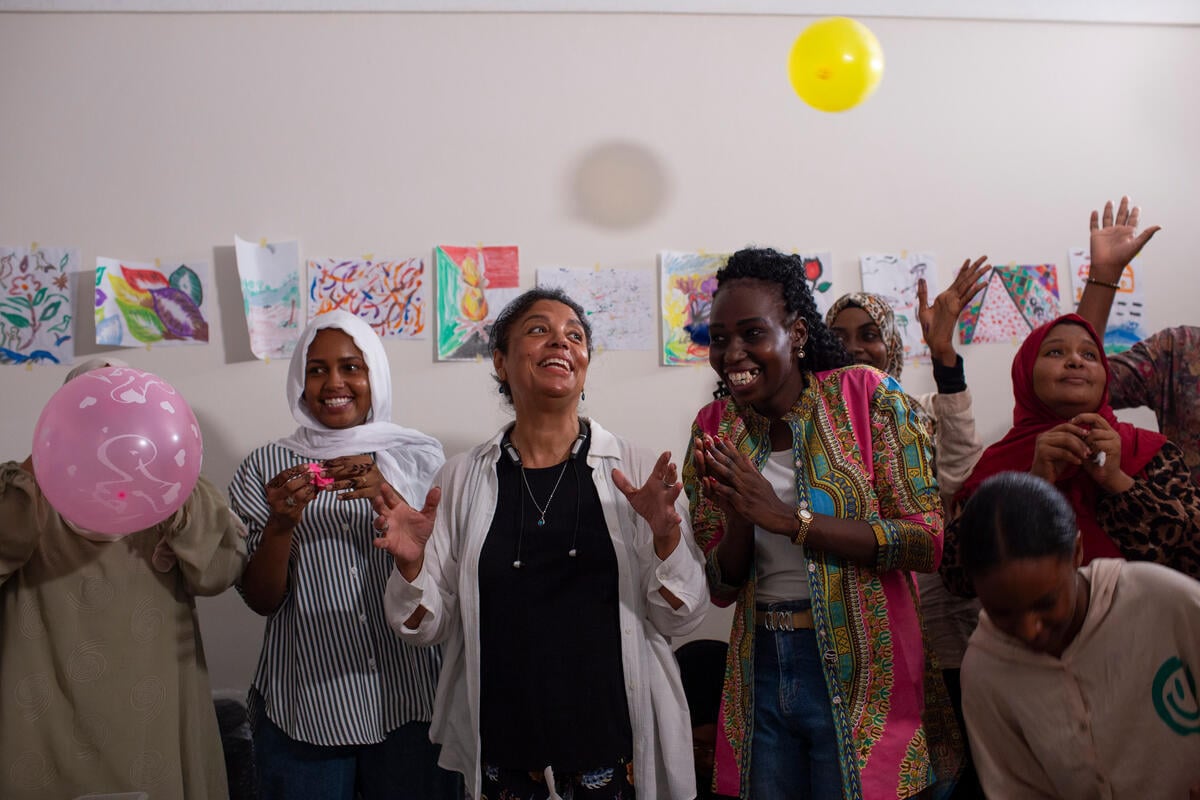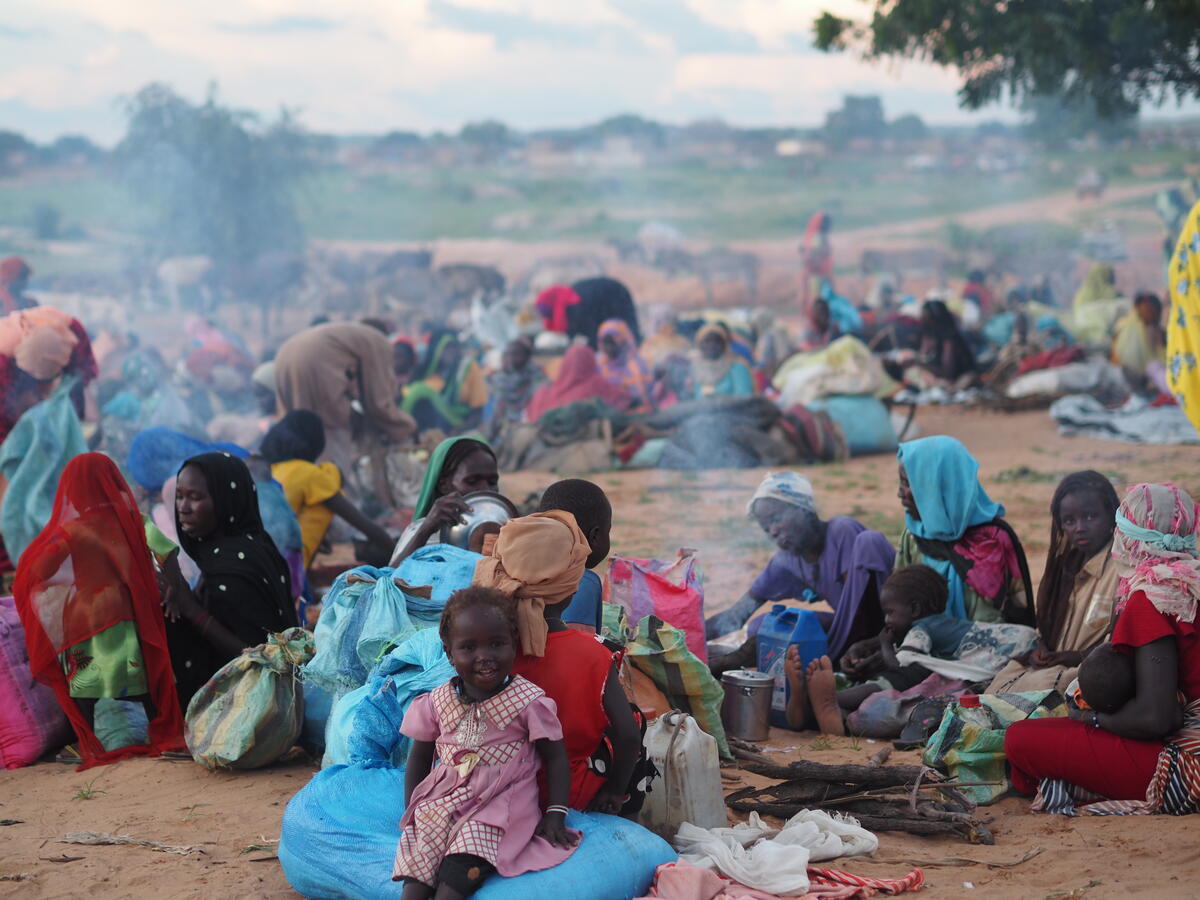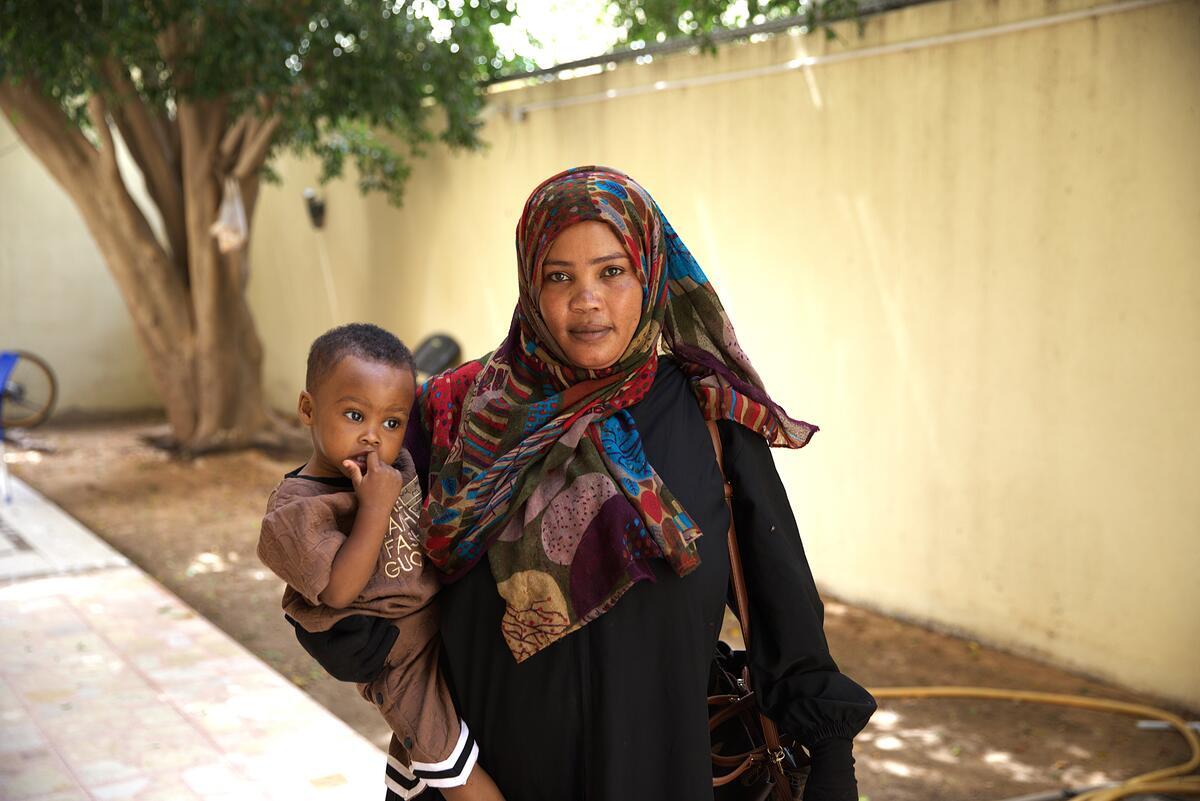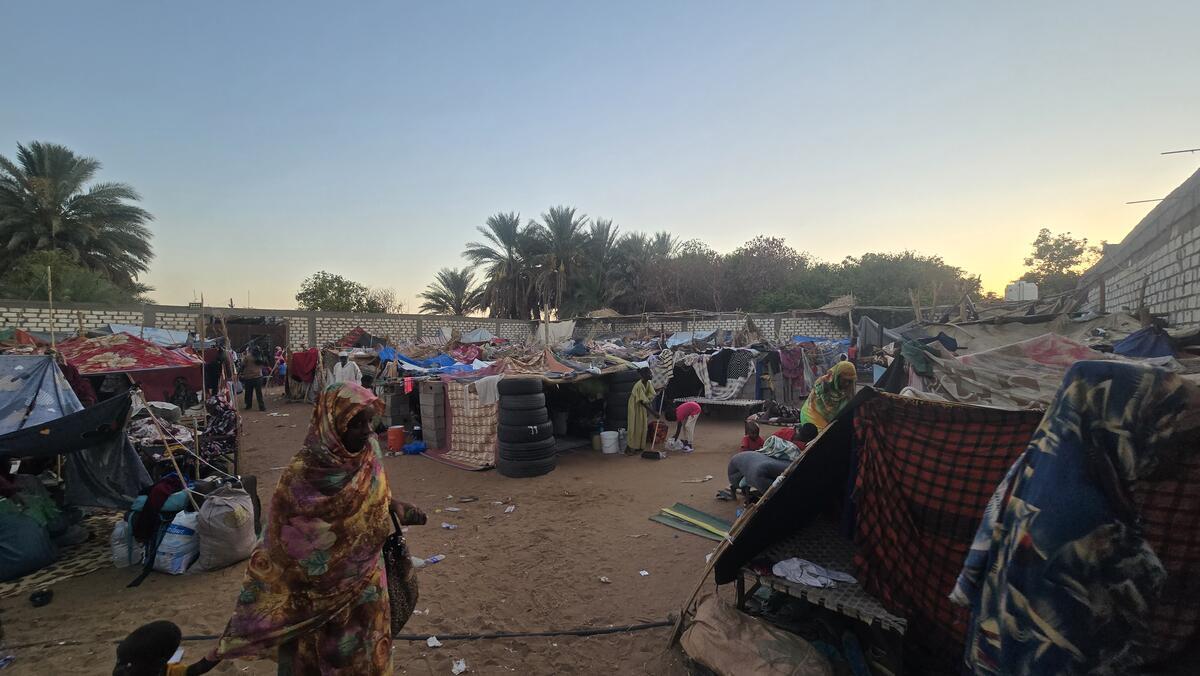South Sudan: UNHCR welcomes peace accord
South Sudan: UNHCR welcomes peace accord
On Sunday, the government of Sudan and the Sudan People's Liberation Movement/Army (SPLM/A) are expected to sign a final peace agreement, officially bringing to an end more than two decades of conflict which has displaced some 4 million people and driven hundreds of thousands more into neighbouring countries. UNHCR welcomes the peace accord, which we hope will serve as an initial step in preparing for an eventual return of more than 500,000 refugees from southern Sudan. UNHCR's operations director for the Sudan situation, Mr. Jean-Marie Fakhouri, is heading to Nairobi on Sunday to represent the High Commissioner at the signing.
The largest group of refugees from southern Sudan - some 223,000 - is in Uganda. Another 88,000 refugees are in Ethiopia; 69,000 in the Democratic Republic of the Congo; 60,000 in Kenya; an estimated 36,000 in the Central African Republic; and 30,000 in Egypt.
The voluntary return of half a million refugees will be a long process needing a great deal of assistance, particularly in light of the lack of infrastructure and basic services in the south. UNHCR has opened offices in Rumbek, Juba and Yei to begin laying the groundwork for refugee return. We have also started rehabilitating community health centres, schools and water and sanitation facilities in areas where refugees may return to increase the communities' capacity to cope with and reintegrate returning refugees.
UNHCR estimates that it will need some $60 million for the return and reintegration of Sudanese refugees to Southern Sudan this year alone. Our programmes in southern Sudan have been drastically underfunded - of the $29.7 million we requested from donors in 2004, we received only $6.1 million. Significant funds are urgently needed to enable our efforts to move forward.
The peace agreement does not cover the conflict in Sudan's western province of Darfur, where some 1.6 million people are internally displaced and another 200,000 have fled across the border as refugees in Chad.









